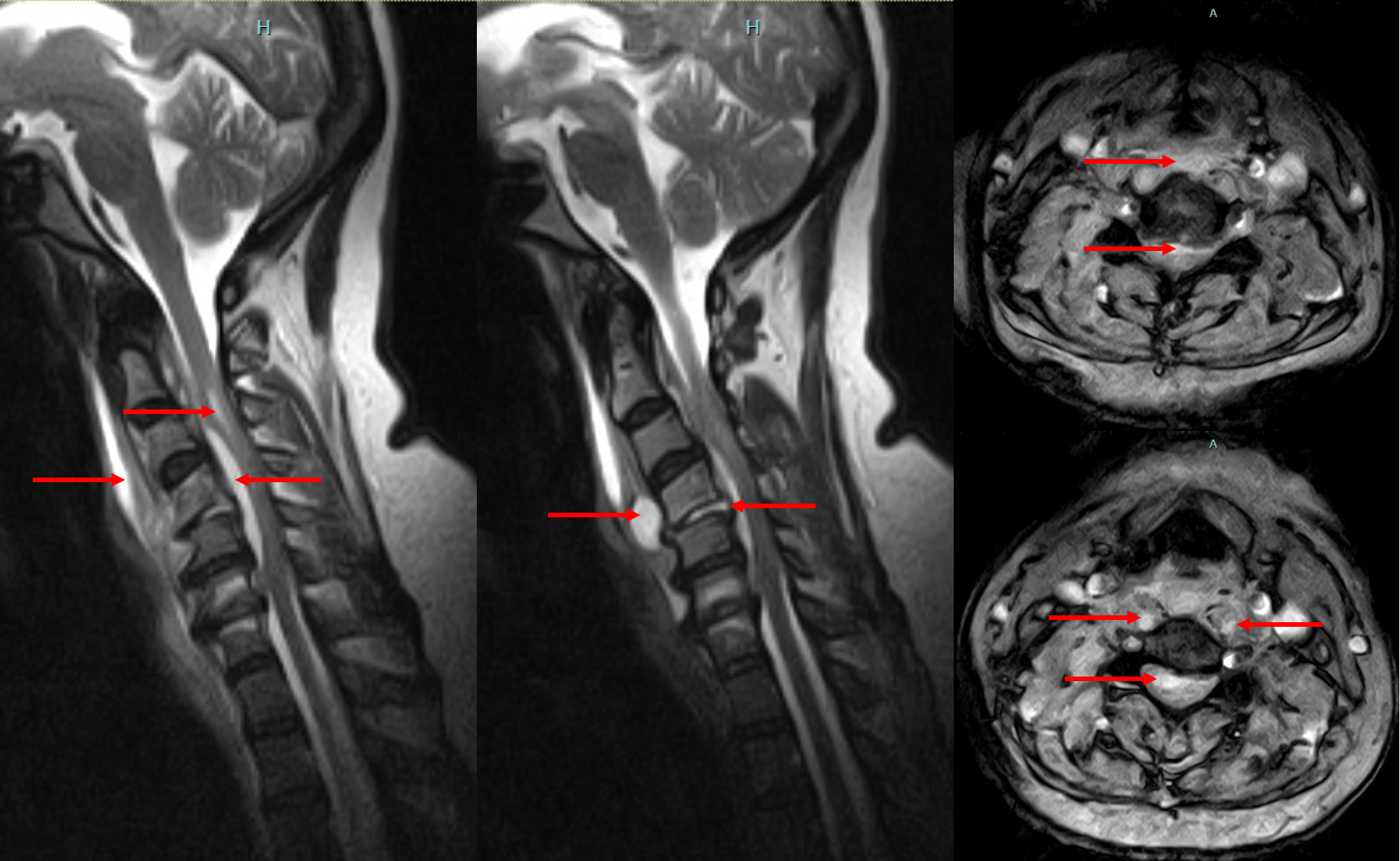
Spinal Infections & Tumours – Advanced Diagnosis and Treatment at Vidharbha Institute of Spine Surgery
Understanding Spinal Infections
Spinal infections are caused by bacteria, fungi, or tuberculosis affecting the vertebrae (bones), intervertebral discs, or spinal canal. They can occur following trauma, surgery, or systemic infection spreading to the spine through the bloodstream.
Common Types of Spinal Infections:
Spondylodiscitis: Infection of the intervertebral disc and adjacent vertebrae.
Vertebral Osteomyelitis: Infection involving the vertebral bone.
Epidural Abscess: Collection of pus around the spinal cord, leading to nerve compression.
Tuberculous Spine (Pott’s Disease): A form of tuberculosis affecting the spinal column, common in India.
Symptoms:
Persistent back or neck pain
Fever, chills, or fatigue
Numbness or weakness in the limbs
Difficulty walking or performing daily activities
Unexplained weight loss
Early diagnosis is crucial, as untreated spinal infections can lead to spinal deformity, abscess formation, and neurological deficits.
Understanding Spinal Tumours
Spinal tumours are abnormal growths within or around the spinal cord or vertebrae. They can be benign (non-cancerous) or malignant (cancerous), and may originate in the spine or spread from other parts of the body (metastatic tumours).
Types of Spinal Tumours:
Intramedullary Tumours: Arise within the spinal cord (e.g., astrocytomas, ependymomas).
Intradural-Extramedullary Tumours: Grow inside the spinal canal but outside the spinal cord (e.g., meningiomas, schwannomas).
Extradural Tumours: Located outside the dura, often involving vertebrae (e.g., metastases, chordomas).
Symptoms:
Chronic or progressive back pain
Tingling, numbness, or weakness in arms or legs
Difficulty in maintaining balance or coordination
Loss of bladder or bowel control
Unexplained paralysis
At Vidharbha Institute of Spine Surgery, our specialists use precision imaging and advanced surgical techniques to treat spinal tumours while safeguarding spinal cord integrity.
Comprehensive Diagnosis
Accurate diagnosis is the cornerstone of successful treatment. Our institute employs advanced diagnostic modalities to identify the cause, extent, and severity of spinal infections or tumours.
Diagnostic Tools Include:
MRI & CT Scans: To visualize soft tissues, nerves, and bone structures in detail.
X-rays: To detect bone erosion, deformities, or fractures.
Blood Tests: To identify infection markers and inflammatory activity.
Biopsy & Culture Tests: To determine the type of infection or tumour for targeted treatment.
PET Scan (for tumours): To detect tumour spread or recurrence.
Our multidisciplinary team ensures a precise and thorough evaluation before recommending any treatment approach.
Treatment Options at Vidharbha Institute of Spine Surgery
1. Medical Management
Early-stage infections or benign tumours may be managed conservatively using medications.
Antibiotics or Antitubercular Therapy: Long-term, targeted drug treatment for bacterial or TB infections.
Pain Management: Medications and physiotherapy to control pain and inflammation.
Regular Monitoring: Imaging follow-ups to ensure effective recovery.
2. Minimally Invasive Surgery
For localized abscess drainage or small tumour excision, minimally invasive spine surgery offers faster recovery and minimal tissue damage.
Benefits:
Smaller incision and reduced pain
Short hospital stay
Quicker rehabilitation
3. Decompression Surgery
When infection or tumour compresses the spinal cord or nerves, decompression surgery relieves pressure, restoring neurological function and mobility.
4. Spinal Stabilization & Reconstruction
In cases where infections or tumours weaken the vertebrae, stabilization procedures using titanium implants, rods, or screws help rebuild spinal alignment and prevent deformities.
5. Advanced Spine Tumour Surgery
For malignant or aggressive tumours, our experts perform microsurgical tumour excision or en bloc resection to completely remove the tumour while preserving neural tissue.
In select cases, radiofrequency ablation, stereotactic radiosurgery, or chemotherapy may be combined for optimal results.
Multidisciplinary Expertise
The Vidharbha Institute of Spine Surgery follows a team-based approach, combining the expertise of:
Spine surgeons
Neurosurgeons
Oncologists
Infectious disease specialists
Radiologists and physiotherapists
This ensures personalized and comprehensive care for every patient — from diagnosis to rehabilitation.
Post-Surgery Rehabilitation & Recovery
Recovery from spinal infection or tumour surgery requires guided rehabilitation to restore strength, flexibility, and confidence.
Our physiotherapy team offers:
Postural correction and mobility training
Muscle strengthening exercises
Pain relief therapy
Gradual return-to-activity programs
Patients are closely monitored through regular follow-ups to ensure long-term spinal health and stability.
Why Choose Vidharbha Institute of Spine Surgery?
Expert Spine Surgeons: Highly qualified doctors with advanced training in complex spinal surgeries.
State-of-the-Art Infrastructure: Equipped with modern operation theatres, navigation systems, and MRI-compatible surgical suites.
Comprehensive Care: From diagnosis to recovery, every step is guided by evidence-based medical protocols.
Patient-Centric Approach: Each treatment plan is tailored to the patient’s condition, comfort, and long-term wellness.
Excellent Success Rates: Proven outcomes in managing infections, tumours, and spinal deformities with minimal complications.
